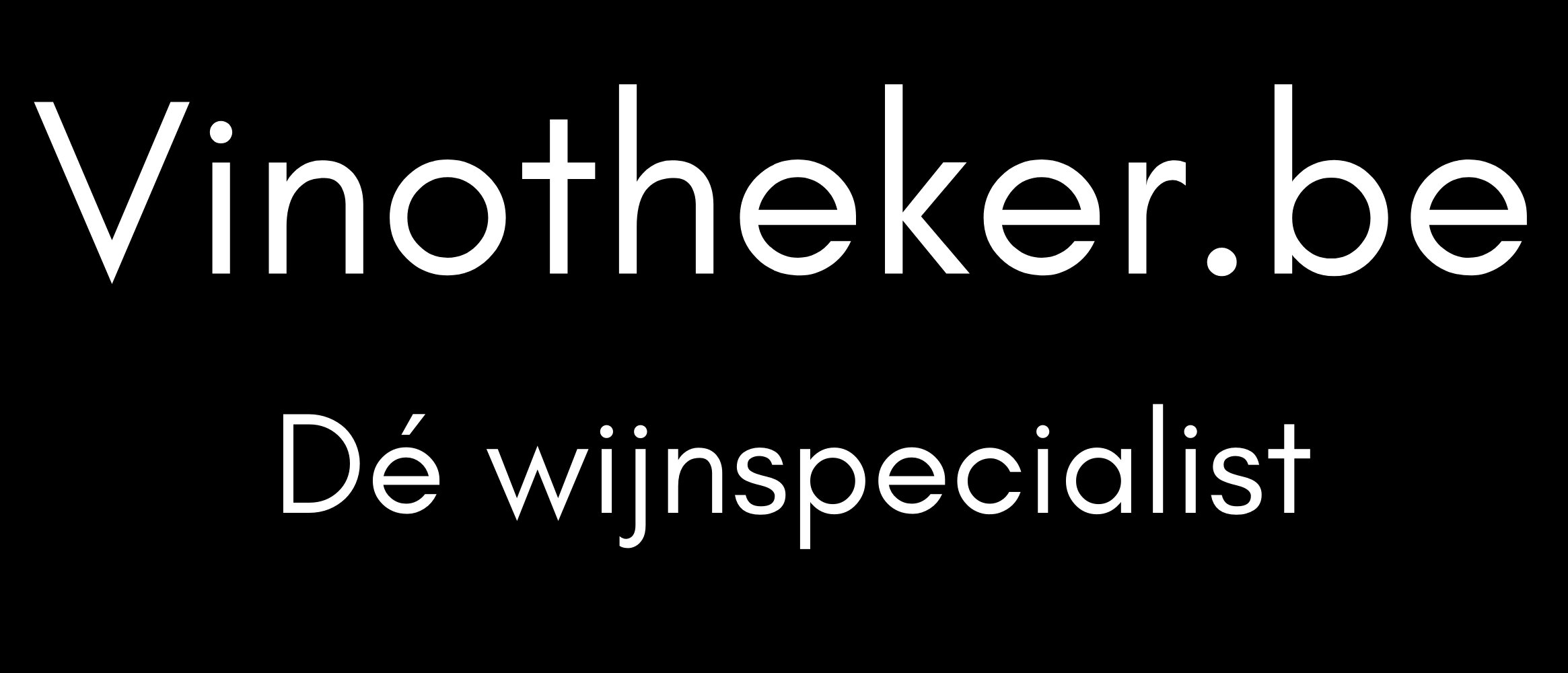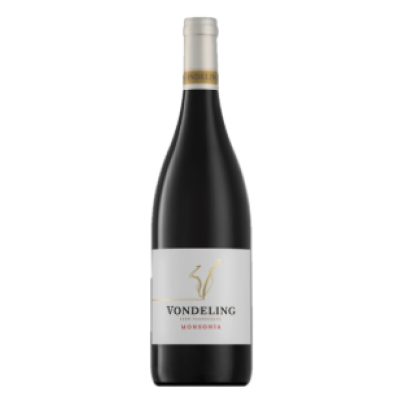€18,45
Excl. BTW: €15,25
Prijs in spaarpunten: 60
- Excl. BTW:
- €15,25
- Prijs in spaarpunten:
- 60
- Model:
- 75 cl
- Levertijd:
- 3-4 werkdagen
- Spaarpunten:
- 2
- Merk:
- Vondeling
Shiraz 67%, Mourvédre 21%, Carignan 8% & Grenache 4%
Vondeling Monsonia is named after Monsonia Speciosa, a very rare species of fynbos (vegetation type occurring in the Western Cape region of South Africa) found in the Paardeberg mountain, the home of Vondeling wines.
THE NAME MONSONIA
The flower was named after Lady Anne Monson, the great grandchild of King Charles II. Controversially, her first marriage was dissolved, due to the birth of an illegitimate child but she soon remarried Colonel George Monson of the Indian Military. She was known as a “remarkable lady botanist” and was instrumental in translating Linnaeus’s famous “Philosophia Botanica”. On her way to Calcutta, she visited the Cape of Good Hope and accompanied seasoned collector of South African plants, Carl Peter Thunberg, on several expeditions around the Cape. In 1774, he named the Monsonia species of plants after her.
VINEYARDS
The Shiraz vines grow in ancient, well-weathered granite soils on southeast-facing slopes – ideal for our warm South African climate. In total, six clones of Shiraz can be found on the farm and only the best performing clones go into the final blend. Typically, each clone contributes different characteristics to the wine and the different blocks are picked at varying degrees of ripeness, best suited to their character. Highly selective hand-picking guarantees that only the best fruit arrives at the winery.
VINIFICATION
After being chilled overnight, bunches are partially destemmed, but not crushed, and whole berry fermentation takes place in open-top fermentation tanks. An initial two-day period of cold soaking is applied before wild yeast fermentation is allowed to commence. During fermentation, hand plunging, commonly known as “punch downs” is the method of mixing and extraction. After fermentation, the wine is pressed in a traditional boutique size basket press. All wine is then transferred directly to barrel where malolactic fermentation takes place. Only large format French oak barrels are used, with about one-third new and the rest 2nd and 3rd fill. The wine is allowed to mature for 16 months before a final barrel selection, blending and bottling takes place.
TASTING NOTES & CELLARING & FOOD PAIRING
The wine has a vibrant ruby red colour with a dash of purple. The nose is refined opulence personified. Bright violets are infused with dark fruit with just a hint of earth and wood smoke. Sweet spices abound, rich in cloves, subtle nutmeg and aromatic coriander. The palate is alive with redberry fruit and has a chocolaty richness with undertones of wild herbs. The wine has a full, viscous texture and a lingering finish. Well paired with a de-boned leg of lamb, barbequed over a hot bed of coals or hearty, slow-cooked pork belly with root vegetables and tomatoes.









